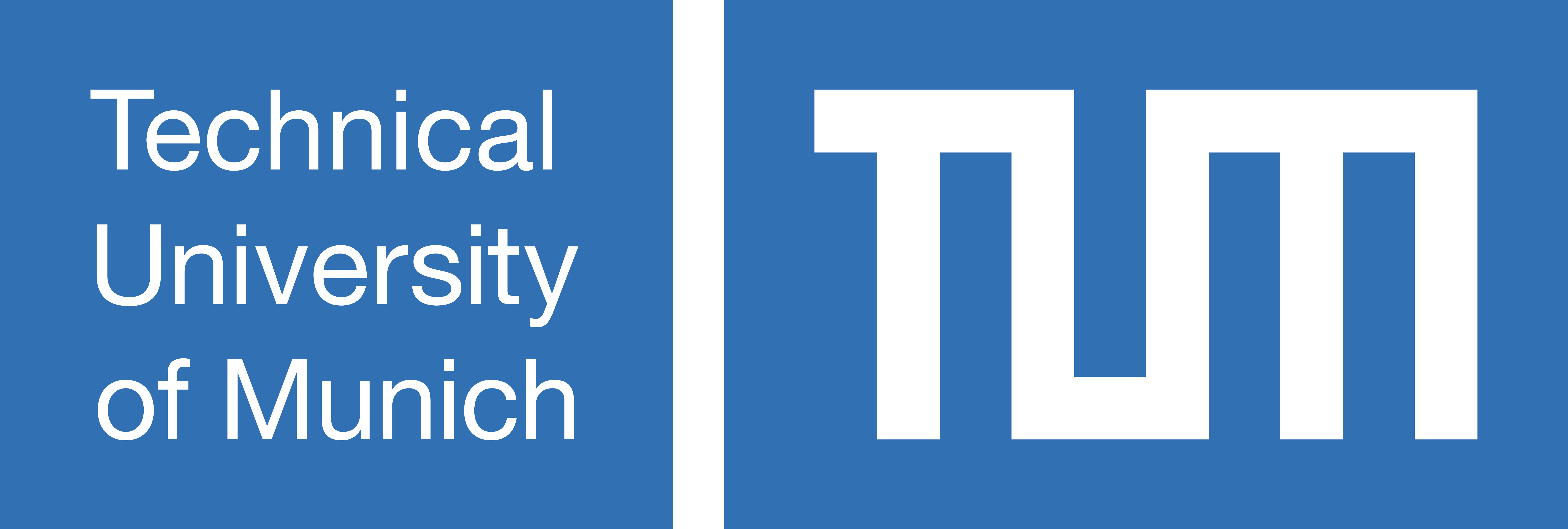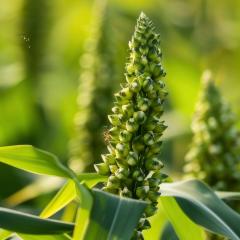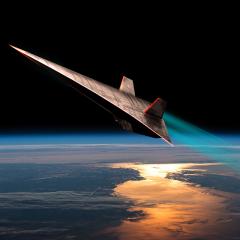The University of Queensland (UQ) and the Technical University of Munich (TUM) have a transformative partnership intended to address global challenges and inspire scientific leadership for a better world.
Creating Impact
Building better bioeconomies
Prepared in order to support global univeristy, government and industry engagement the Bioeconomy Capability Statement, in collaboration with TUM, represents a snapshot of the research and innovation underaken at UQ as we collaborate with partners around the world to build better bioeconomies.
Learn about UQ's journey towards building better bioeconomies; understand our collective motivation to create change in this critical space; and most importantly, invite you to partner with UQ to create green solutions for the future industries and a sustainable bioeconomy.
Bringing Australian native foods to market
The Australian Research Council (ARC) awarded UQ A$3.58 million in government funding to initiate the ARC Industrial Transformation Training Centre for Uniquely Australian Foods. Led by UQ’s Associate Professor Yasmina Sultanbawa with the support of lead TUM collaborator Professor Michael Rychlik, the Centre aims to provide a cohort of trained and industry-ready researchers who can lead the native foods industry well into the future. The Centre plans to transform the native food and agribusiness sector through the development of selected crops, foods and ingredients. It will use an Indigenous governance group to oversee the process of converting traditional knowledge into branded products.
TUM Honorary Ambassador reflects strength of UQ partnership
The strength of the relationship between UQ and TUM is reflected in the appointment of Professor Gary Schenk from the School of Chemistry and Molecular Biosciences as a TUM Ambassador. Professor Schenk has been working with colleagues at TUM for many years, focusing on groundbreaking projects in the fields of bioeconomy and biotechnology.
One of Professor Schenk’s strongest relationships is with Professor Dr Volker Sieber from TUM. They were instrumental in setting up the Global Bioeconomy Alliance, and have also worked on other projects such as optimising enzymes to efficiently convert sugar into biofuel.
About our partnership
UQ and TUM have enjoyed a truly comprehensive and complex partnership for over a decade. Our research strengths across bioeconomies, food science, health science, and green energy are helping to create a healthier and more sustainable future.
Together, we are committed to fostering a partnership focused on innovative student learning experiences and high-impact research excellence. We integrate the core principles of sustainability and social responsibility while contributing to global governance and public policy agendas across multiple disciplines.
Our partnership fosters innovation and encourages entrepreneurial thinking, meeting the future-focused needs of our students, peers, industry, and government collaborators.
  |
Mobility and funding opportunities
Workshop Grant Scheme
In support of the UQ-TUM partnership vision, UQ is offering up to 5 UQ-TUM Workshop Grants each year to promote the broadening of collaboration between both universities.
Staff Fellowship Program
The program has been established to provide professional development opportunities and to share best practices and experiences between UQ and TUM.
Travel Grant Scheme
This scheme supports academic collaboration between both universities, offering funding of up to A$4,000 per project for up to three eligible projects.
Engineering Double Degree
Through UQ’s membership in Top Industrial Managers for Europe (T.I.M.E.) Association, UQ students can graduate with an integrated Bachelor of Engineering/Master of Engineering and a Master of Science in Electrical Engineering and Information Technology from TUM.
UQ-TUM Research Exchange
In 2012, UQ Graduate School and TUM established a collaborative program for PhD students. The exchange program aims to strengthen research linkages and provide opportunities for PhD students from each university to extend and enhance their graduate research work.
Student Exchange
Since 2010, students from both UQ and TUM have benefited from a joint student exchange agreement. Mobility is open to students from across a range of undergraduate and postgraduate coursework disciplines, including humanities, engineering, business, science, and language programs.
Related news and events
-
-
UQ research flies globally
26 March 2024
Want to engage with TUM?



